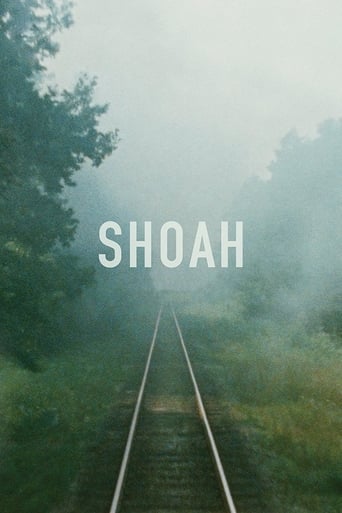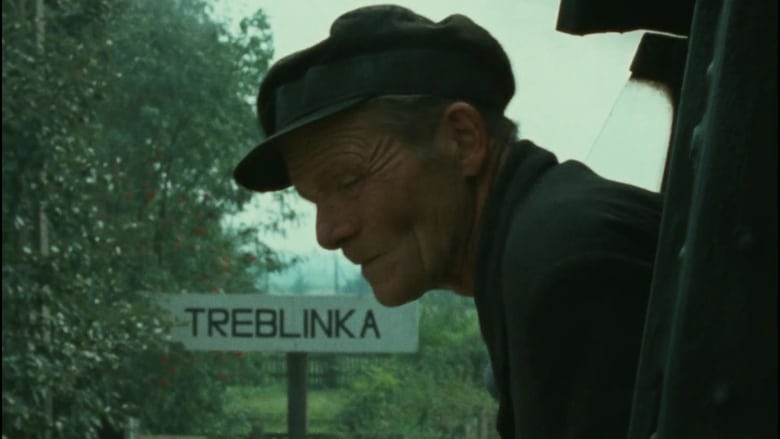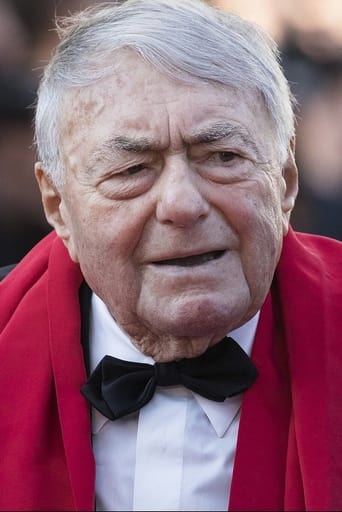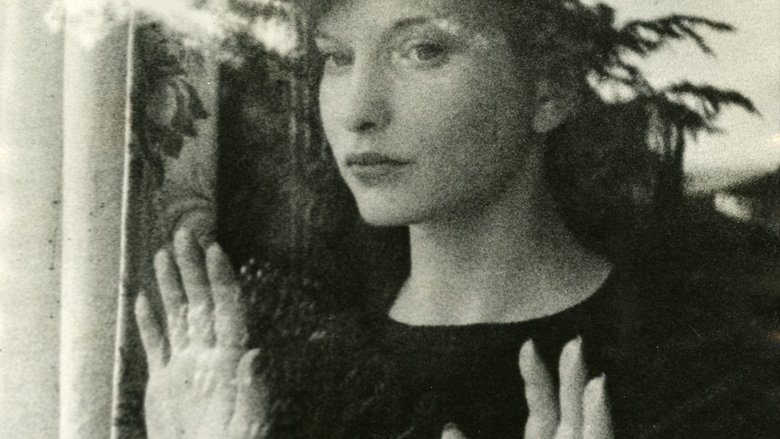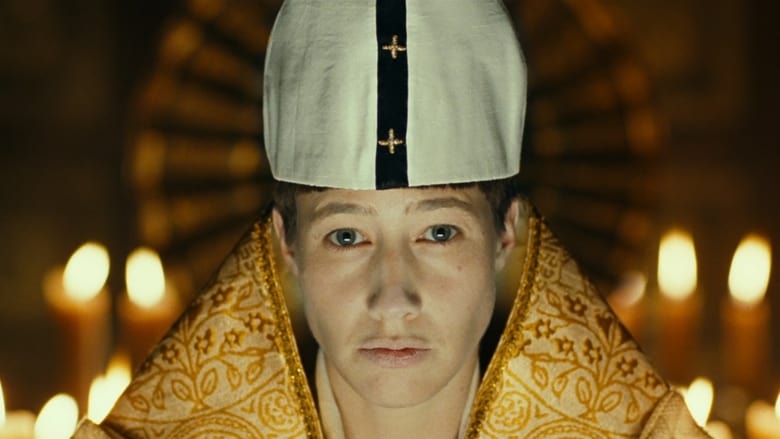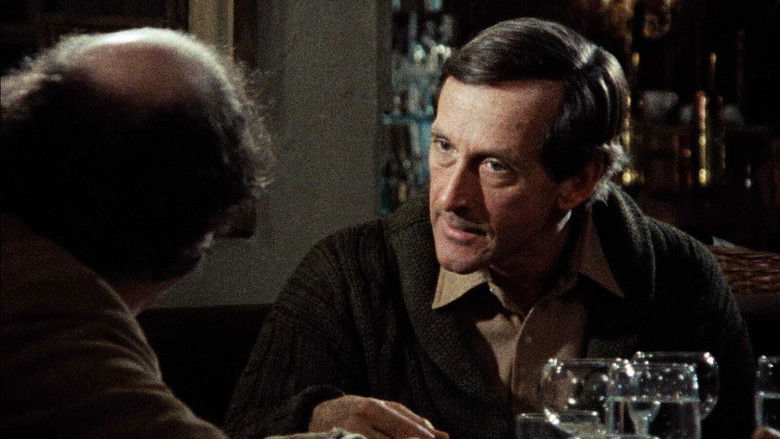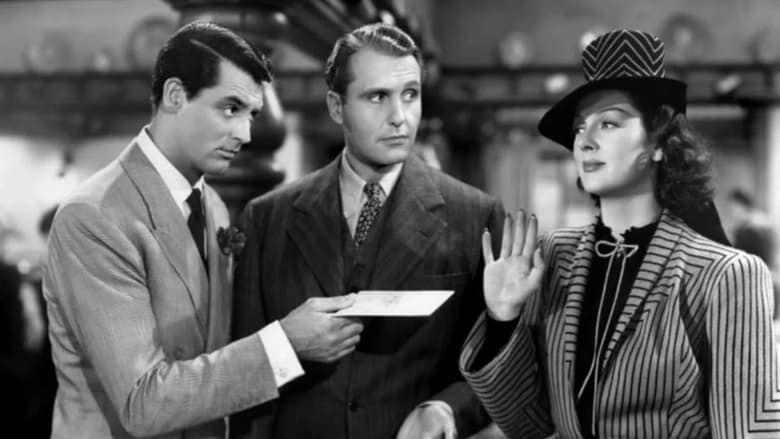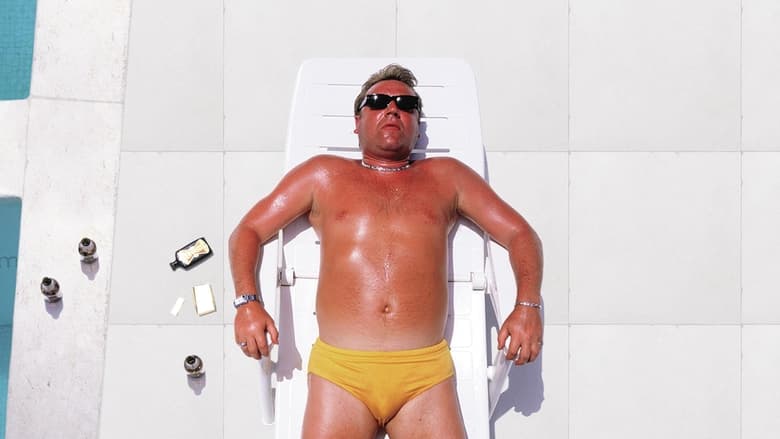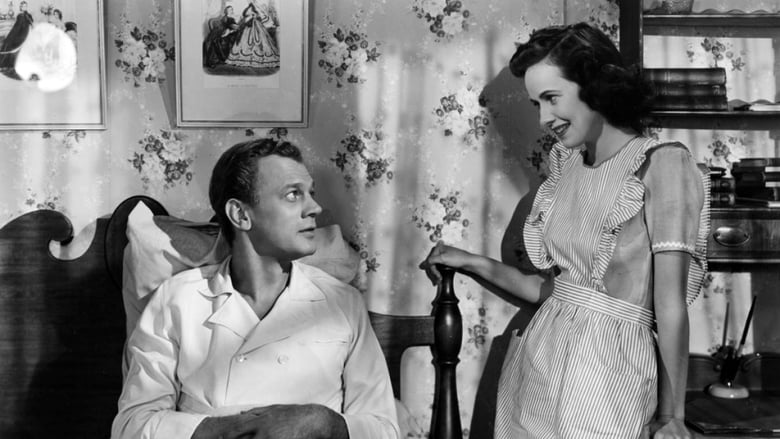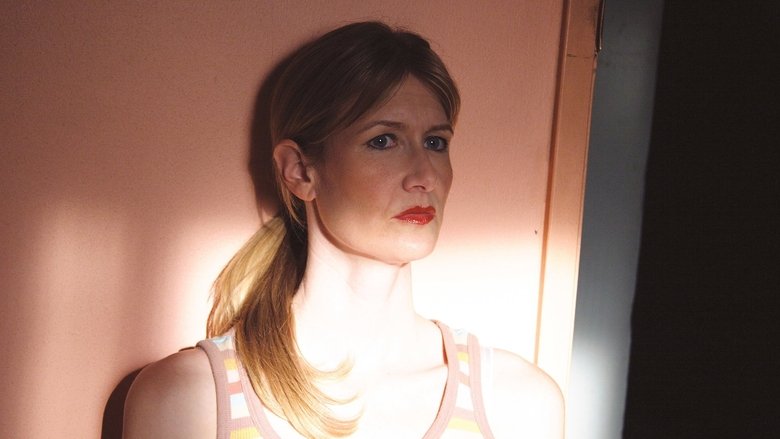Director Claude Lanzmann spent 11 years on this sprawling documentary about the Holocaust, conducting his own interviews and refusing to use a single frame of archival footage. Dividing Holocaust witnesses into three categories – survivors, bystanders, and perpetrators – Lanzmann presents testimonies from survivors of the Chelmno concentration camp, an Auschwitz escapee, and witnesses of the Warsaw Ghetto Uprising, as well as a chilling report of gas chambers from an SS officer at Treblinka.


Similar titles
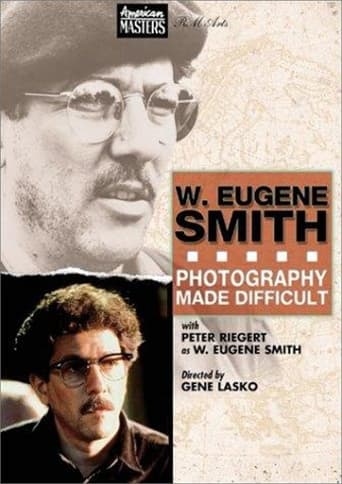


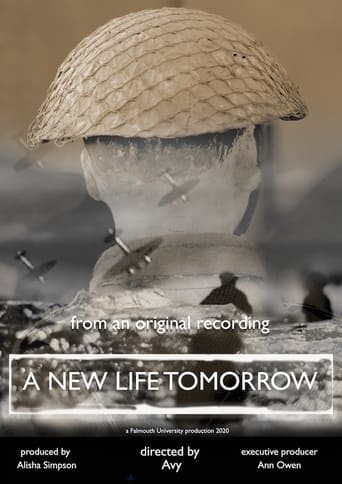
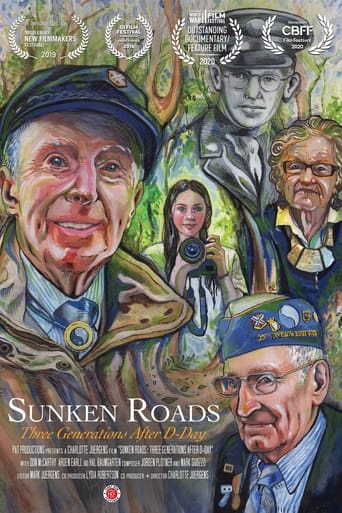

Reviews
"Shoah" is a French documentary film from over 30 years ago that runs for over 9.5 hours. It consists of 2 parts that are both longer than 4.5 hours. The writer and director is French filmmaker Claude Lanzmann, which is why a lot of the film is in French. But there are parts in English, German, Hebrew, Polish... as well, so to full understand this movie, you will 99% need subtitles. The main problem for me was the runtime. It would have been okay if this was a series maybe consisting of 10 episodes, but in terms of a film, it should be possible to watch it during one viewing and this is hardly the case here.My criticism has little to do with the contents. The reports of the witnesses from both sides are informative and intriguing, even if there is nothing really in here that I have not seen or heard in other documentaries yet. Then again, these documentaries were made considerably later for the most part, so "Shoah" is a bit of an achievement also in terms of its time. It is mostly memorable because there is no archive footage used from concentration camps etc. used. It is basically all interviews. I am not sure if I like this though. If they show trains today riding there, then why not show trains with prisoners from back then. As a whole, I personally do not have a lot of interest in watching these over 10 hours again. Way too long for its own good and the runtime definitely hurts the viewer's perception and focus. Thumbs down.
I have just recently watched this film in two parts, over two weeks. Yes, it is long. So what? I find it unbelievable that people can complain about the length of this film. Did you not know how long the film was before watching it? Oh dear.. did you get a 'bit bored' by the history of the mass extinction of the Jews? Did you run out of popcorn? The whole point of the film is to document the horror and also the complicity of others, not just the Nazis. The slow pace of the film gives us time to reflect on the misery and horror. The cold bleakness of the Polish landscape and the timeless quality only enhances and evokes feelings of depression and misery. The film has had a profound effect on me. It has made me angry and sad. It has made me want to tell other people. It is doing it's job, and will continue to do so as long as it exists and people watch it.
Claude Lanzmann's nine-hour Holocaust documentary is difficult, painful, and, above all else, exhausting – both emotionally and physically. I watched this goliath over four nights, and I pretty much had to force myself into every viewing, knowingly condemning myself to two hours of misery. But I wouldn't trade the experience. There are movies, and then there are... well, there are no words for what this is. Lanzmann spent six years tracking down and interviewing Jewish survivors, German commanders, and Polish eye-witnesses, reconstructing through oral testimonies – without even a second of archival footage – the horror of the Nazi death camps. The dialogue, often interminably filtered through an interpreter and then translated from French via subtitles, is overlaid on footage of the death camps as they stand now (that is, in the 1970s/80s), as innocuous ruins or grassy fields. Thus, Lanzmann juxtaposes the atrocities described in his interviews with the quietude of the modern-day locations, acknowledging from the outset the impossibility of ever fully recreating or appreciating the horrors that took place.Throughout the film, we mostly perceive Lanzmann as an off-camera interviewer, but he nevertheless takes a very active role in the film's presentation. We note his determination to assemble a historical record at all costs: he includes footage of himself assuring Franz Suchomel, a former SS officer, that the interview is not being filmed. (Many alleged perpetrators are seen only through a grainy black-and-white hidden camera, a device that keeps them emotionally distant from the viewer, as in a 1940s newsreel). Lanzmann rather sardonically asks his interpreter to complement a German couple on their beautiful home, knowing full well that it once belonged to a Jewish family.The interviews with Jewish survivors are most haunting of all. Lanzmann doesn't ask them to communicate their emotions, but instead needles them for details, seemingly inconsequential observations that nevertheless improve our understanding of how the Final Solution operated. But he also knows when to keep quiet. The silent anguish evident on the survivors' old, scarred faces is often more powerful than words could ever be. One survivor of the Warsaw Uprising remarks to Lanzmann, "if you could lick my heart, it would poison you." We can see this even in his face.
Somewhat weakly structured and technically mediocre, but thematically powerful and devastating mammoth documentary about the unspeakable horrors of the Holocaust.The Nazi's cold and ruthless killing machinery, the total desolation and despair of the victims, the painful act of looking back on all the atrocities, the small details only witnesses can recall concisely; all this aspects and more form a haunting kaleidoscope of a time of unbelievable cruelty.Lanzmann's low-key approach proves to be just the more effective.8 out of 10
